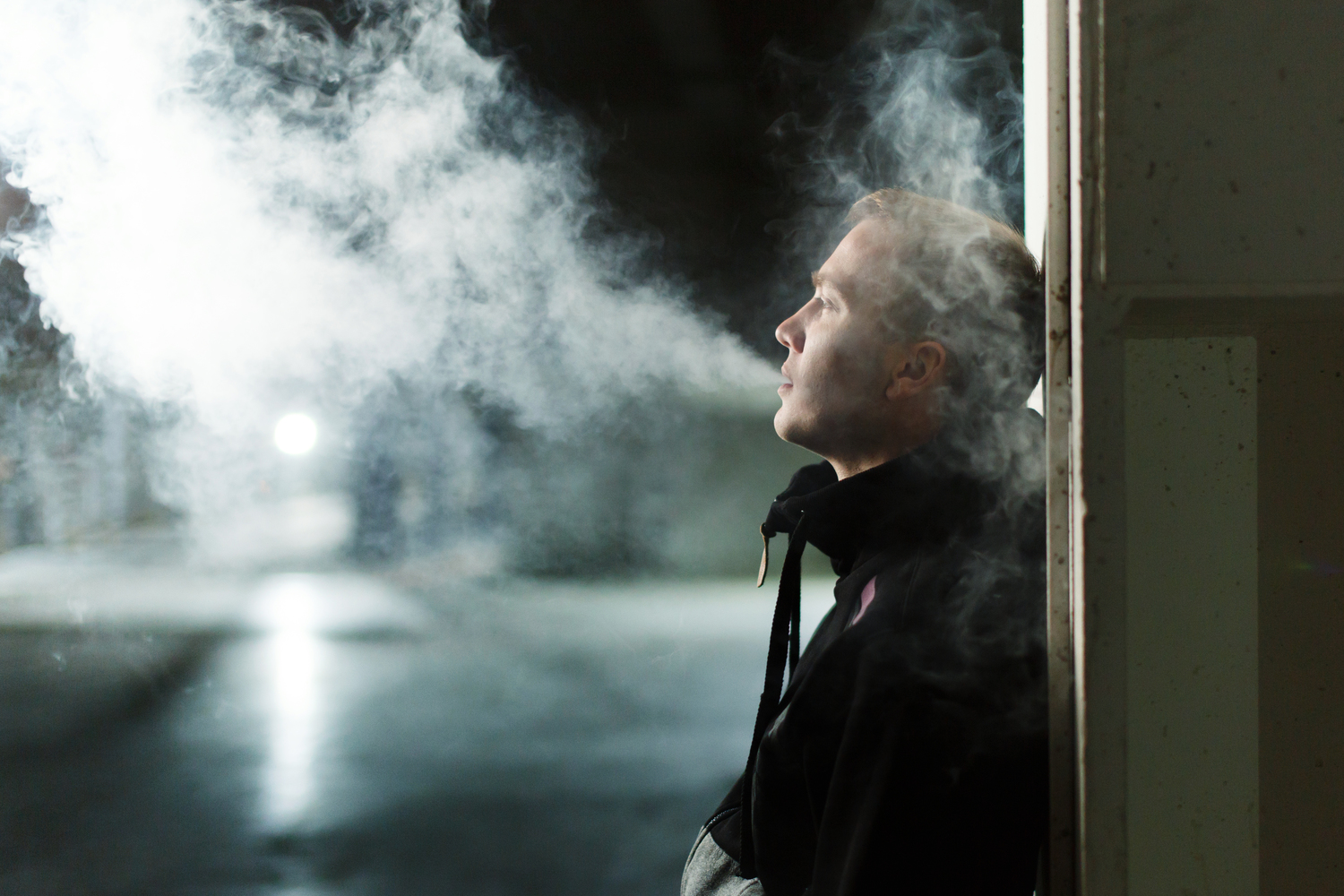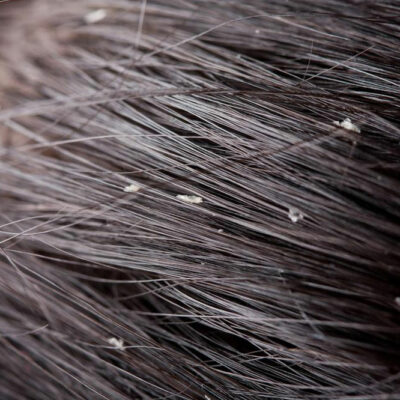
Common Triggers for COPD
COPD, or chronic obstructive pulmonary disease, is a condition that limits air flow to and from the lungs. Symptoms of COPD can include fatigue, wheezing, shortness of breath, and coughing. Some substances and activities can make COPD worse and cause flare-ups. To manage this condition, it’s best to limit or avoid exposure to certain triggers. If you suffer from chronic obstructive pulmonary disease, here are common triggers you should avoid:
1. Temperature extremes
Weather and temperature can aggravate COPD symptoms. Both hot air and cold, dry air can make COPD worse. One study: Your text to link…reveals that extreme temperatures, like above 90 degrees F and below freezing, are dangerous for people with COPD. Humidity and wind also increase the risk of COPD flare-ups. It’s important to keep your mouth and nose covered when outdoors in cold weather if you have COPD. When you’re indoors, use a humidifier to ensure that the air has a humidity level of 40 percent.
2. Air pollution
Whether you’re inside or outside, pollution in the air can worsen COPD symptoms. It’s important to avoid odors from construction or industrial plants, smoke from outdoor fires, dust, mold, perfume, cigarette smoke, and pet dander. You can avoid these pollutants in the air when you go outside by wearing a painter’s mask. It’s also a good idea to stay indoors in the afternoons from May to September if possible, since this is when the ozone levels are the highest. Dusting your home thoroughly and having a professional evaluate your home for mold and mildew so these toxins can be removed can also help you breathe easier.
3. Infections
Infections can be very dangerous for someone with COPD. The flu and the common cold can cause severe COPD symptoms such as tiredness, wheezing, coughing, and breathing difficulties. To avoid infections, it’s best to stay out of crowded areas if possible and make sure your immunizations are up to date, especially pneumonia and flu vaccines. You can also keep your home free of dust and impurities and clean your clothing and shoes immediately after entering your home. It also helps to stay hydrated so you can boost your immune system and fight infections.
4. Cigarette smoke
While there are several pollutants that can make COPD symptoms worse, cigarettes can be especially damaging. Cigarettes contain tar and several other harmful chemicals that can damage the lungs. Smoke also damages the cilia, which are the fine hairs that clean the airways. If you smoke and have COPD, you should stop as soon as possible. Stay away from second-hand smoke by asking friends and family members to smoke in another room if they are smoking indoors.
Following these practical tips can keep COPD symptoms at bay and improve your overall health.


